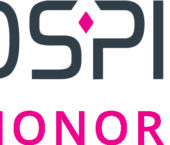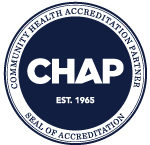This article from the Hospice Foundation of America website give some practical tips on how to help a friend for family member that is facing a life-limiting illness.
What do you say and what can you do to support a friend who is dying? Every situation will be different depending on how long you have known someone, how close you are to the person, and how much he or she might welcome words, visits and other offers of help.
If you have never faced this situation before, start with your own thoughts and feelings about death. Be sure you have someone to talk with about your own reactions so you can be less anxious around your friend. Reading other articles on this site about dying, death and bereavement may help you feel more confident about supporting your friend, while at the same time coping with your own feelings about his or her impending death.
Here’s an example that may also help you think of your own ways to help:
Wayne had been at home receiving hospice care for the last month; his wife, Betty, was his primary caregiver. Their friends John and Mary found many ways to offer support to both of them.
John sent brief “thinking of you” notes to Wayne every week, especially in the times when he could not visit.
John and other friends provided rides to the doctor, mowed the grass, walked the dog, and drove Wayne’s children to several out-of-town school events.
Mary and John stayed overnight a few times, giving Betty a break with nighttime caregiving duties.
Mary helped organize a circle of friends to run errands, do laundry, and bring dinners and desserts. Friends also sent funny cartoons to Betty as they knew she loved to laugh, even during difficult times.
Mary always texted before calling to be sure it was a good time for Betty to talk so she would not interrupt with unplanned phone calls.
In addition to all of this practical help, John and Mary both spent quality time with Wayne. Based on what he needed that day: pushing him in his wheelchair around the neighborhood, sitting quietly by his bed, touching his arm or hand when it seemed comfortable for him, or playing some of his favorite music
When Wayne expressed anger about his illness to John, John listened. John’s steady presence showed Wayne that, even though the conversations might be tough, it was safe for Wayne to share any emotions he had about his illness and death.
Throughout the visits, John and Mary reassured Wayne that they were determined to continue to support Betty and the children even after his death.
John and Mary tried to tune in to what was wanted and needed by asking, “What can I do this week to be useful?” Sometimes the need was for space and quiet, other times for hands-on-help. The important thing is to offer and be sensitive to the answer so you can be a good friend even in the face of life-threatening illness.
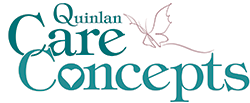
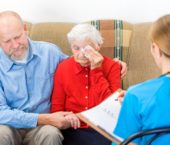
 When facing a life-limiting illness many patients worry about who will take care of their beloved pets once they are gone.
When facing a life-limiting illness many patients worry about who will take care of their beloved pets once they are gone.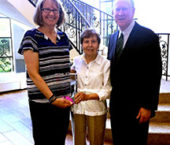





 Karen Ann Quinlan Hospice will host its 17th annual Butterfly Release Celebration with three events held in Sussex and Warren Counties, New Jersey and Pike County, Pennsylvania on the weekend of June 10 and 11. “This beautiful event honors the life of family and friends who are still with us and celebrates the memory of those loved ones we have lost,” explained Cecelia Clayton, Executive Director of Karen Ann Quinlan Hospice. Since its inception in 2000, Smith-McCracken and Wood Funeral Homes have been central to the success of the event, leading the way as the major sponsor. “We are very proud to support hospice and the annual Butterfly Release Celebration. This event and the hospice exemplify the importance of friends and family,” stated Robert McCracken.
Karen Ann Quinlan Hospice will host its 17th annual Butterfly Release Celebration with three events held in Sussex and Warren Counties, New Jersey and Pike County, Pennsylvania on the weekend of June 10 and 11. “This beautiful event honors the life of family and friends who are still with us and celebrates the memory of those loved ones we have lost,” explained Cecelia Clayton, Executive Director of Karen Ann Quinlan Hospice. Since its inception in 2000, Smith-McCracken and Wood Funeral Homes have been central to the success of the event, leading the way as the major sponsor. “We are very proud to support hospice and the annual Butterfly Release Celebration. This event and the hospice exemplify the importance of friends and family,” stated Robert McCracken. 
 Grief & the Workplace
Grief & the Workplace